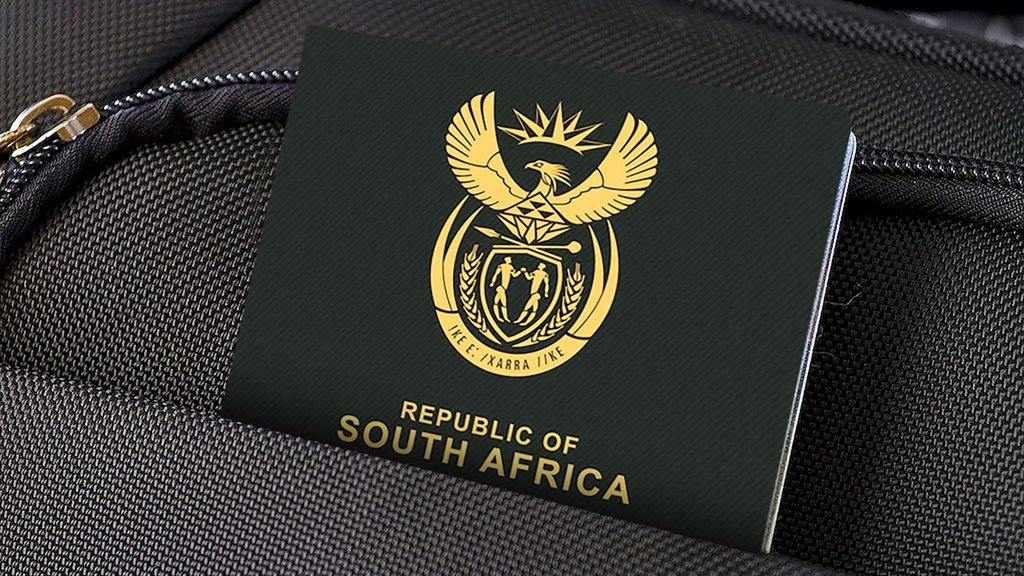
27 People In Court For Selling Fake Passports in South Africa
Published on March 29, 2022 at 11:03 AM by Face of Malawi
A group of 27 people on Monday appeared before the Krugersdorp Magistrate’s Court on allegations of being part of a fraudulent passport syndicate.
The suspects were charged with corruption in terms of the Prevention and Combating of Corrupt Activities Act.
Gauteng regional spokesperson for the National Prosecuting Authority (NPA) Phindi Mjonondwane said:
The sting operation was conducted at the offices of the Krugersdorp department of Home Affairs in the early hours of Friday, 25 March 2022.
Law enforcement authorities received a tip-off about the alleged passport making syndicate that works with home affairs officials, to identify South Africans (SA) that are willing to sell their identities for R500.
It is further alleged that the South African citizens’ details would then be used to produce a passport for the foreign nationals, which would be sold at R40 000 each.
The multi-disciplinary operation that made the arrests involved the Hawks’ serious organised crime investigation, the cash-in-transit task team, the department of home affairs’ anti-corruption unit, and the Joburg central tactical response team.
According to Hawks Gauteng spokesperson Carol Mulamu, who was at the scene, 14 of the suspects were foreign nationals and 14 were South Africans.
Home Affairs Minister Aaron Motsoaledi told reporters that the suspected kingpin worked with people inside Home Affairs and had his accomplices in KwaZulu-Natal, Eastern Cape, Western Cape, Mpumalanga and Limpopo. He said:
We identified the kingpin after an immigration alert picked up anomalies with two passports of people who wanted to leave the country via Cape Town International Airport.
That official handed over the two people and their passports to the police.
Motsoaledi said two of those arrested were Home Affairs employees.
The two Home Affairs officials allegedly made R5 000 to R10 000 per passport while the leader charged about R40 000 for a fake passport.
Motsoaledi said the head of the syndicate targeted foreign nationals who wanted passports but did not qualify for them.
A runner would then recruit South African citizens who had never applied for a passport before.
The Home Affairs officials would then find an office where they will authenticate the passports.


